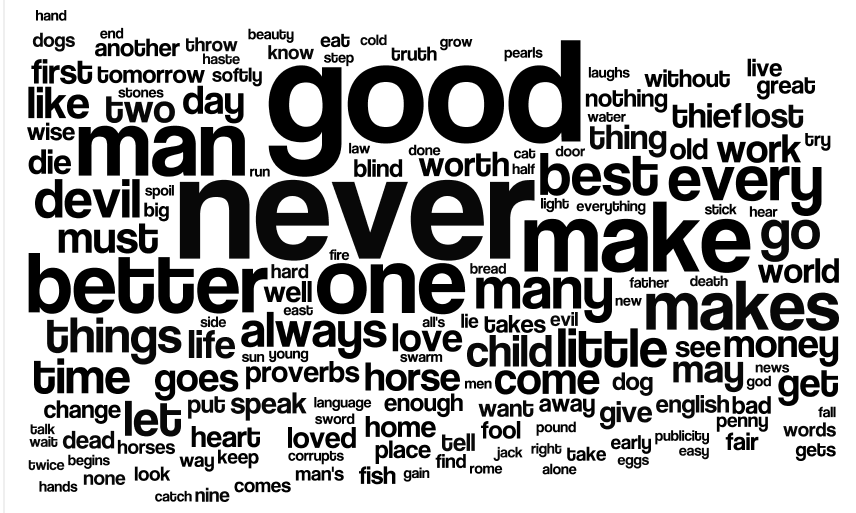Try any route to get out of a desperate situation, no matter how unlikely it is to succeed.
Clutch at straws
What's the meaning of the phrase 'Clutch at straws'?
What's the origin of the phrase 'Clutch at straws'?
It is only since the mid-19th century that we have been clutching at straws. Even more recently, the ‘grasp at straws’ version has become commonplace, especially in the USA. Prior to that, desperate people would ‘catch at a straw’. That usage of ‘catch’ was commonly used in medieval England, by which was meant ‘obtain/achieve’; for example, John Wycliffe used it in his 1382 translation of the Bible into English, in 1 Timothy 6:12:
Stryve thou a good strif of feith, catche everlastyng lyf
By the 17th century, in the King James Version, this had migrated to:
Fight the good fight of faith, lay hold on eternal life
Our present day ambitions are more prosaic and we only use that sense of ‘catch’ now to catch trains, buses and, occasionally, colds.
A straw was chosen as the height of futility as a means of rescue. Being, as it was, a flimsy and virtually valueless waste product, it was often used as a synonym for the most unimportant and trifling of objects. ‘Don’t give/care a straw’ was an indication of indifference, a ‘man of straw’ was an insubstantial adversary, and to ‘condemn someone to straw’ was to declare them ready for the madhouse.
‘To clutch at straws’ is now used as a figurative phrase, to describe any desperate situation. When the expression was coined it specifically referred to drowning. The notion of a drowning man anxiously seeking ‘any port in a storm’ was first expressed by Sir Thomas More, in A Dialogue of Comfort Against Tribulation, 1534:
A man in peril of drowning catchest whatsoever cometh next to hand… be it never so simple a stick.
More used the imagery on several occasions, but didn’t mention straw in any of them. The ‘catch at a straw’ version of the proverb is first recorded in the English cleric John Prime’s Fruitful and Brief Discourse, 1583:
We do not as men redie to be drowned, catch at euery straw.
The metaphor expresses futility rather well. Straws do float, but a drowning man would have to be pretty much out of other ideas if he put any reliance on it bearing his weight.
Moving on to the 19th century, ‘catch’ has fallen from favour and we find an early mention of the current ‘clutch at straws’ version in The New-York Mirror, 1832:
… as drowning men clutch at straws.
On to the 21st century and you no longer need to be drowning or desperate to clutch at straws – straw clutch bags have become fashion items.
See also: the List of Proverbs.
Related phrases and meanings
Browse more Phrases
About the Author

Phrases & Meanings
A-Z
A B C D E F G H I J K L M N O P Q R S T UV W XYZ
Categories
American Animals Australian Bible Body Colour Conflict Death Devil Dogs Emotions Euphemism Family Fashion Food French Horses ‘Jack’ Luck Money Military Music Names Nature Nautical Numbers Politics Religion Shakespeare Stupidity Entertainment Weather Women Work
How did we do?
Have you spotted something that needs updated on this page? We review all feedback we receive to ensure that we provide the most accurate and up to date information on phrases.
